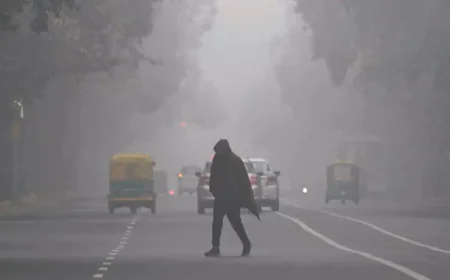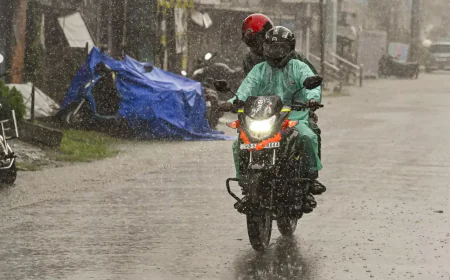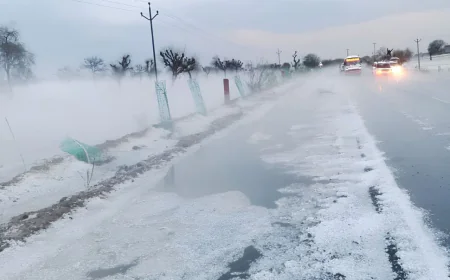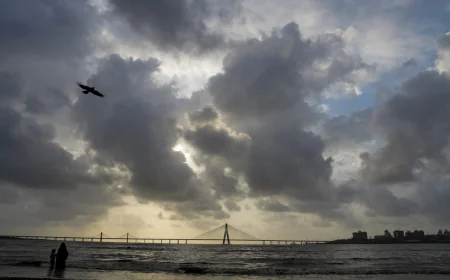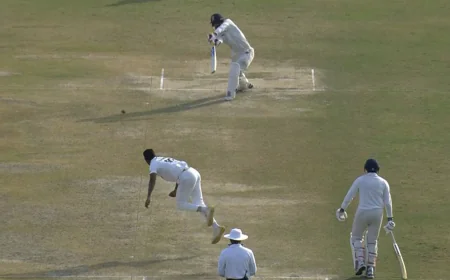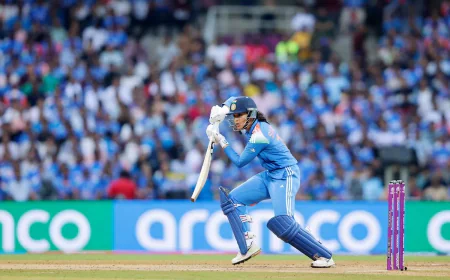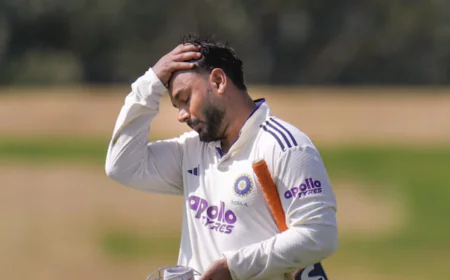Hearing in Supreme Court on CAA today: Court will consider more than 200 petitions;
Hearing in Supreme Court on CAA today: Court will consider more than 200 petitions; Hearing was postponed for a week due to lack of time
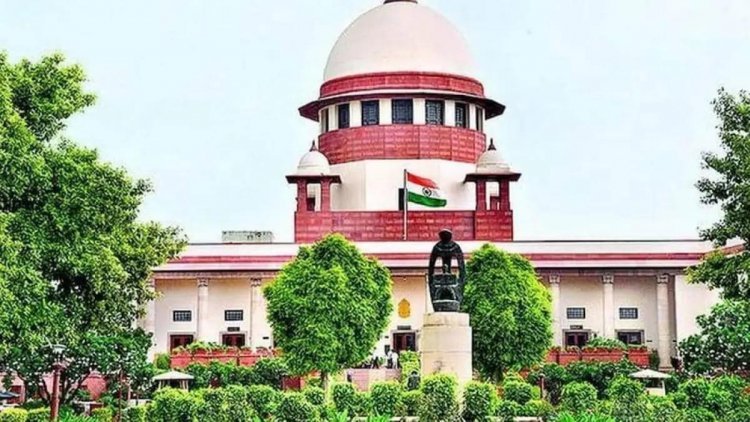
Supreme Court to hear petitions challenging the Citizenship Amendment Act today. More than 200 petitions are pending in this matter, on which a bench of Chief Justice UU Lalit and Justice Ravindra Bhat will hear together.
The matter was to be heard in the Supreme Court on September 12, but it was postponed due to a paucity of time.
The petitions against CAA were heard for the first time on 18 December 2019. The last time was on 15 June 2021.
When the CAA law was enacted in the country two years ago, it was opposed across the country. Delhi's Shaheen Bagh area was the focal point of the movement against this law. The law made the rules of citizenship law easier for migrants of Hindu, Sikh, Buddhist, Jain, Parsi and Christian religions from Afghanistan, Bangladesh and Pakistan. Earlier it was necessary to stay in India for 11 years for citizenship, this time was reduced from 1 to 6 years.
On 11 December 2019, 125 votes were cast in the Rajya Sabha in favour of the Citizenship Amendment Bill 2019 (CAB) and 99 against it. The next day on 12 December 2019, it got the assent of the President. The bill had taken the form of law after it was passed by both houses amid huge protests across the country. It was introduced in Lok Sabha by Home Minister Amit Shah on 9 December.
The Citizenship Amendment Bill 2016 (CAA) was introduced in 2016. In this, some changes had to be made in the 1955 Act. These changes were to give citizenship to non-Muslim refugees from India's three Muslim neighbours Bangladesh, Pakistan and Afghanistan. It was referred to the Joint Parliamentary Committee on 12 August 2016. The committee submitted its report on 7 January 2019.
There is a rule of parliamentary procedure that if a bill is passed in the Lok Sabha and not passed in the Rajya Sabha, and in the meantime if the term of the Lok Sabha ends, the bill does not remain in effect. It is necessary to pass it again in both houses. Because of this, this law had to be passed again in the Lok Sabha and Rajya Sabha in 2019.
This bill was controversial even before it came to the Lok Sabha, but when it became law, its opposition intensified after that. Demonstrations were held in many areas of Delhi. On the night of 23 February 2020, the violence that broke out after the gathering of the crowd at the Jaffrabad metro station turned into riots.
Riots broke out in about 15 areas of Delhi. Many people were killed, and many people were attacked and killed with sharp weapons like knives and swords. More than 50 people died in these riots. Hundreds were injured.


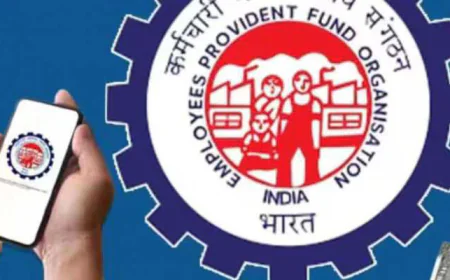


































.jpeg)




































